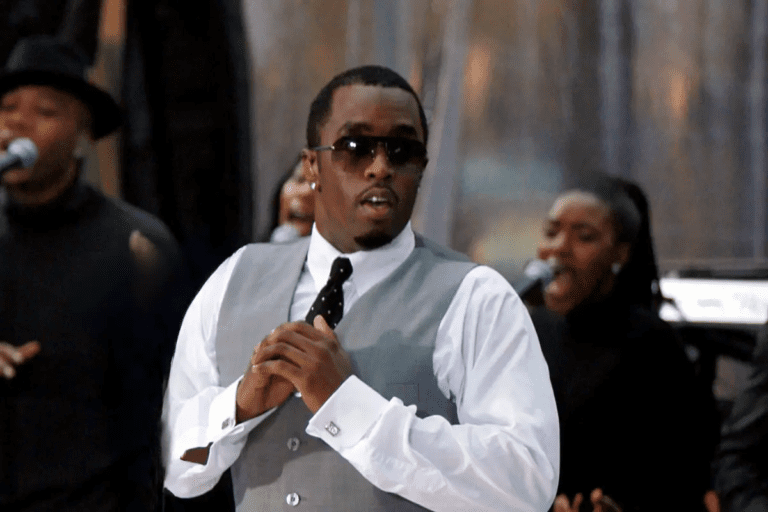Federal prosecutors asked an appeals court in a filing on Wednesday (October 16) to uphold a judge’s decision to deny bail to Sean “Diddy” Combs. Prosecutors said Judge Andrew Carter’s ruling was supported by “clear and convincing evidence” that Diddy must remain behind bars.
“In arguing that the evidence of obstruction was ‘weak’ and that the government ‘had provided no basis to believe’ that Coombs tampered with the witness, Coombs primarily questioned the strength of the government’s evidence that Coombs had conducted interviews with government witnesses,” prosecutors wrote. “But Coombs completely ignored the serious and substantive allegations of obstruction of justice, bribery and witness tampering alleged in the indictment as part of Coombs’ pattern of racketeering activity, which fully supports Judge Carter’s decision. … Coombs’ long history of obstructing justice and silencing witnesses’ sophisticated methods more than established his dangerousness.
Prosecutors said they uncovered how Diddy used “methodical and sophisticated tactics to suppress and intimidate witnesses” during the investigation. They insist Judge Carter correctly found Dee Dee a danger to the community and a danger to witnesses.
“Coombs routinely used loyal middlemen to achieve his goals and leveraged violence and extortion, as well as his considerable wealth and influence over his victims and employees, to achieve compliance,” prosecutors argued. “Thus, Carter The judge correctly concluded that the conditions proposed were insufficient because they would still allow Coombs to ‘obstruct justice and intimidate witnesses’ through ’employees and other individuals’ and even ‘coded messages.’
They continued: “[Diddy] claims there is “not a shred of evidence” that Combs used coded messages… Yet, to give just one example, Combs tried to ensure the victim remained silent about her “sexual trauma” by telling her that he “needed” her and if she Combs is also “needed” and she “doesn’t worry about anything else,” alluding to the promise of financial security in exchange for loyalty. Although Combs claimed there was no middleman involved in the incident, Combs then texted an employee to ensure his financial advisor continued to pay the victim’s rent. Therefore, the evidence supports the conclusion that even while confined to his home, Coombs had the means and influence to evade seemingly restrictive bail conditions.
Judge Carter is the second judge to deny Diddy bail after the hip-hop mogul was arrested on racketeering conspiracy and sex trafficking charges. A third judge rejected Didi’s request for immediate release but referred his appeal to a three-judge panel. The Court of Appeal is scheduled to hear his bail plea on November 4.
Diddy remains incarcerated at the Metropolitan Detention Center in Brooklyn. His trial is scheduled to begin in May 2025.


